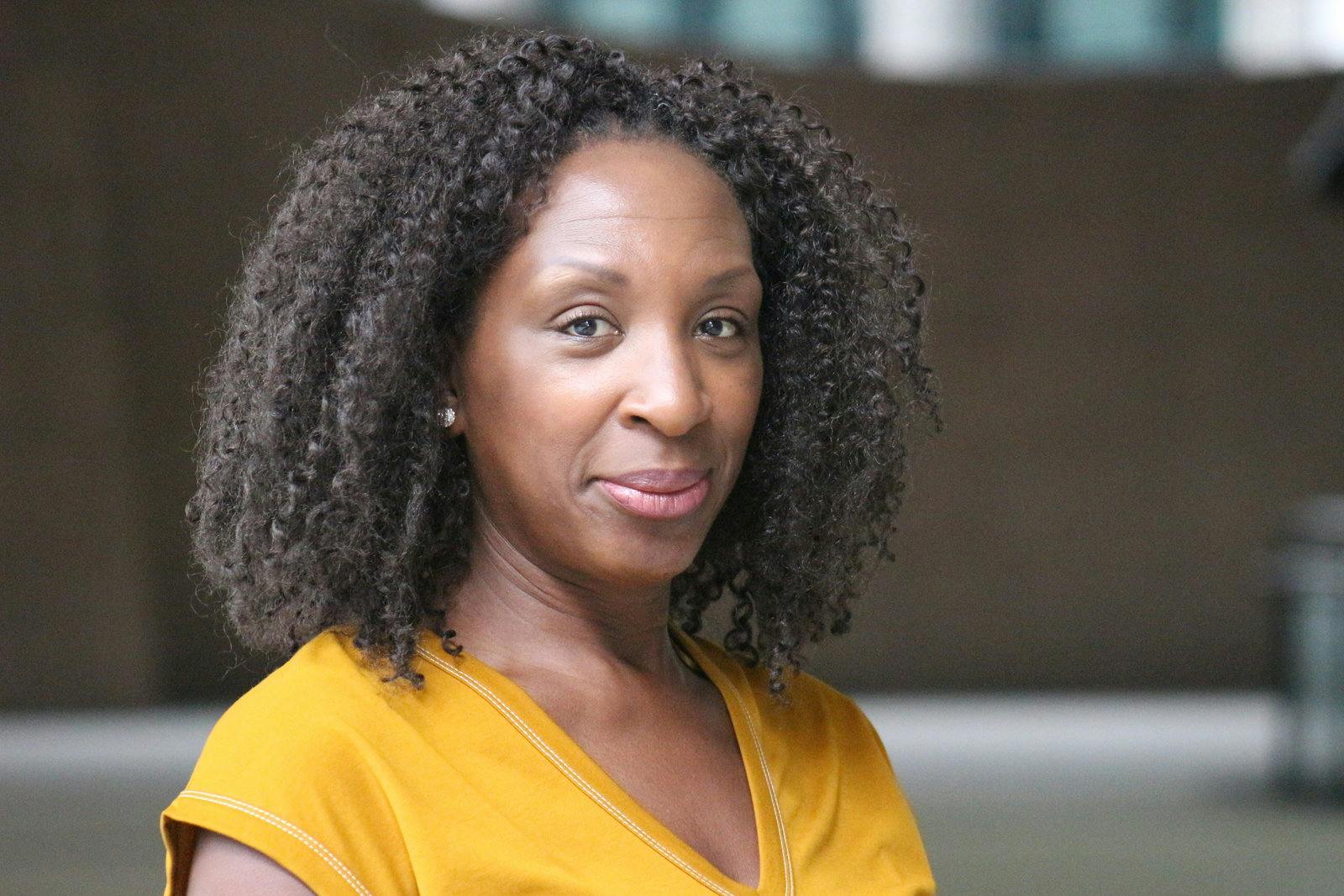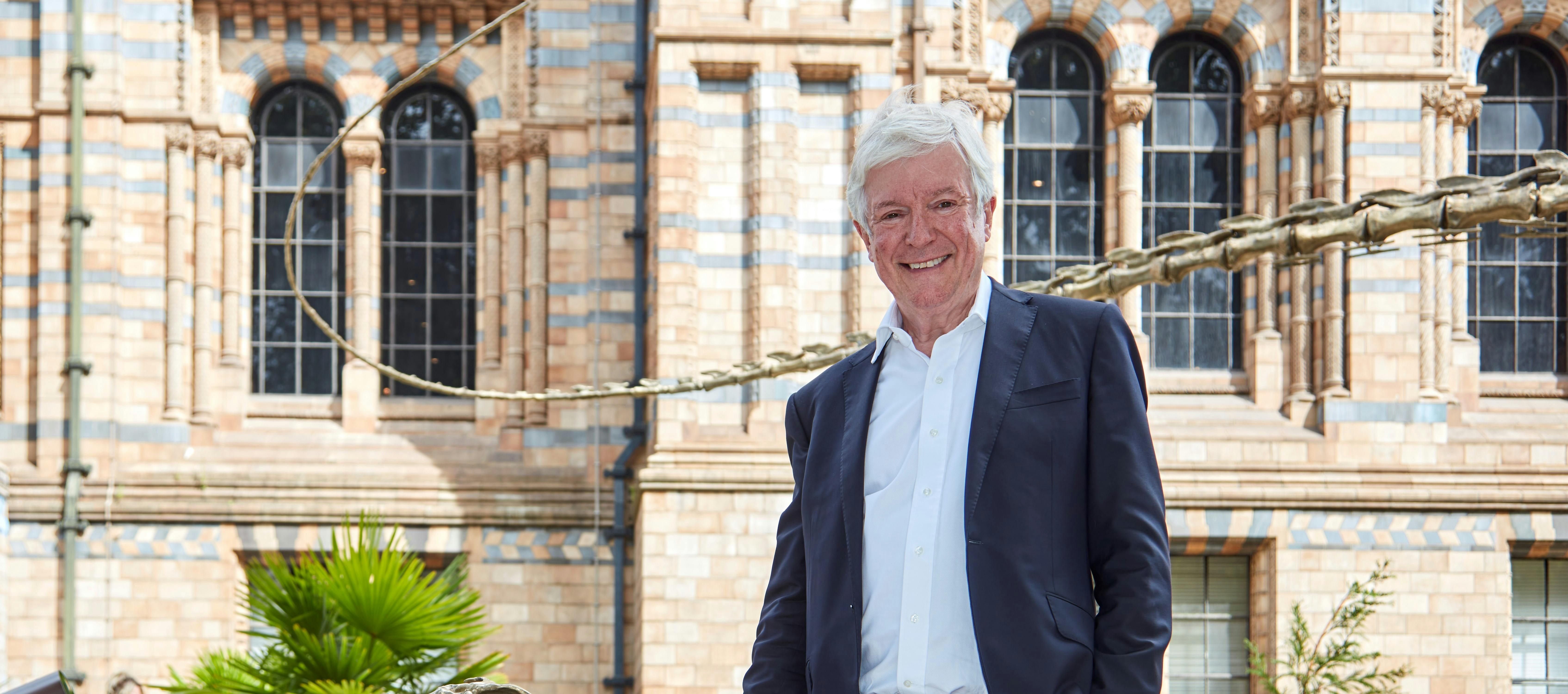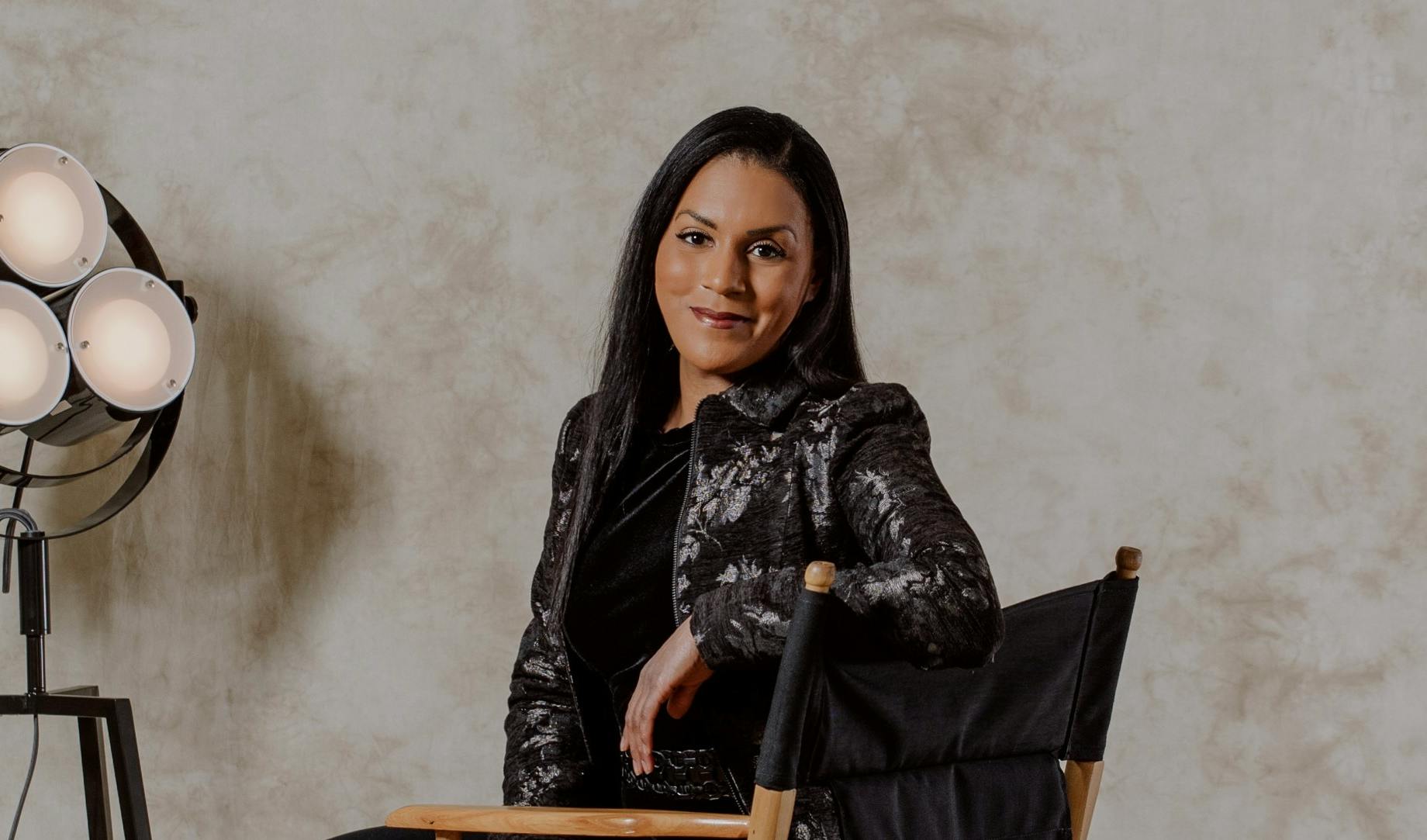
Equality expert Pamela Jones on how organisations can build proper diversity strategies
A lot of organisations know they need to do better when it comes to diversity and inclusion. But for some, it’s hard to know where to start. That’s where Nurole member Pamela Jones can help.
Pamela worked in financial services for companies like Goldman Sachs and Credit Suisse before pivoting to specialise in integration and equality. She now runs Genesis Consultancy, working with companies to ensure that equality and diversity infrastructure is built into the heart of their organisation, allowing them to develop, support and retain staff throughout all levels of their company.
Could you explain a bit about your experiences as a black woman in the workplace and how that drove you to set up Genesis?
I was always one of few black women and it was kind of lonely sometimes if I'm honest. But more importantly, I was impacted by inequality early on, as I soon realised that my peers were being paid a lot more than I was and I had to work harder in every way to get the same access, recognition and rewards. I remember managing a team of over 20 people in NYC and finding out that one of the youngest members was being paid the same base salary as myself! Can you imagine that?
And so those types of inequality started right at the beginning of my career, and they continued in many different forms. Genesis Consultancy was born out of wanting to make a change around my values as a person, and my values of bringing people in who have always been on the fringes. Really building what I call a healthy culture of work into all those spaces that, for me, have not reflected society, have been stale, and really toxic at times.
What are the most common mistakes organisations make when thinking about diversity and inclusion?
The first thing is there's no coherency and agreement around the definition of D&I and what it represents. For some companies it is women, for others it is marginalised groups such as LGBTQ. I think it is extremely important that we understand how inequality is experienced throughout our society as lived experiences and then replicated in organisations.
It is vital for organisations to get appropriate specialised support to develop robust equality and diversity frameworks. Build an ecosystem – these frameworks will address those systematic inequalities that show up in processes, people and systems.
Processes are usually under-reviewed, under-utilised and those same processes have been going on for years. They're worn out – that's the old playbook. It doesn’t work! Rather than trying to build new strategies onto old mechanisms, at Genesis Consultancy we are saying, let's revisit the whole system and completely re-engineer it.
No-one talks about it, but elitist headhunters that companies insist on using have historically marginalised many black and ethnic minorities – and white working class people – through their own biases and judgements. These hiring practices are alive and well and continue to go unchecked. This is a prime example of systemic racism.
Lastly, the most common mistake is that D&I departments are often under-resourced and fragmented. If a company does not invest time and energy into making this initiative a priority, they are doomed to fail. This is why the D&I numbers remain woefully low and move so slowly.
This can feel overwhelming for organisations can't it?
Totally. At Genesis Consultancy have an organisational design model which breaks this down into programmes of work. For ease, let's say it is four phases. Companies have to start somewhere, just make a start. Look at each division within the workplace journey, from HR right through to board level. What processes are being mobilised to bring about the equalities change? What systems are being used? Who is doing the work and what do they need?
It starts with making people aware of inequality and how it plays out. We want equality and diversity to be at the heart of organisations.
How big a problem is unconscious bias?
Unfortunately, the phenomenon of unconscious bias has been misused and misrepresented. The question is how big a problem is systematic inequality. Unconscious bias deals with the science and not how the systems, people and processes operate, to continue to create racism, sexism, homophobia, ableism, ageism.
People are using unconscious bias to underpin their racism, to underpin their sexism. “I don't want women under 35 because they're going to go off Pam and have babies, but it's alright, that's my unconscious bias.” It doesn't work like that!
You are meant to push through and say, right, she's still the right person for the job. Whilst you may believe that somehow she will be less productive or worthy because she has a child, you have to look at this perception, identify it, interrogate it, acknowledge and work through it.
How important is language?
Language is absolutely powerful and needs our attention. And also who the language gives power to and takes power from.
The Equalities in Practice work we deliver focuses on this topic – to notice who has privilege at any given time and how power shows up, both on an individual and organisational level. This learning creates space to explore our current ways of working and interacting, and disrupts what we think we already know.
How should boards in particular be thinking about diversity?
I believe boards need to understand that the social consciousness of this generation is accelerating faster than their organisation’s way of thinking. This generation wants dynamic working conditions, they want cultures of engagement. They want a work culture that is going to support them, recognise them, reward them and that they feel part of.
Board executives need to start thinking about fresh ideas around how they are going to embed diversity into their workforce at every level. The time is now to look at how they procure talent, interrogate their promotional frameworks, structure rewards and bonus schemes, refine manager suitability and board make-up to aspire to the Equality Imperative.
It is time for boards to be transparent and communicate with their workforce, listen and engage with them to create and commit to a community of equality. They need to be thinking of ways they can make a difference, and how they communicate that difference. There's no point in a board doing amazing work and not talking about it. Set targets if need be, but most importantly commit to the change and be accountable for it.
And they will also need to look around their table and really ask themselves, are we the right people for this company? Not that anyone wants to give up power, I get that. But I do think boards have a requirement now to look around and say, okay, we have to do better. And that's on every level – gender, race, sexuality, class and disability etc.
What does a successful diversity and inclusion framework look like?
It’s about transforming your systems, your language, your culture, your people and your processes. It’s about building the ecosystem that we talked about. The support framework that addresses the learning and development, the mentoring, the pairing up with social enterprises and apprenticeships. Looking at your promotion process – making sure that all those marginalised groups get a shot at being bought into your organisation and afforded promotion.
It becomes a circle of refinement. Every time you do it gets better and better. And then slowly you start seeing people from those marginalised groups as middle managers, as senior managers, on boards. It takes time, but that, for me, is a cohesive ecosystem.
How do you know if your approach to diversity and inclusion is working?
If it’s working you will see a shift in your workplace and spaces of power. Look at your data. Who are you hiring? In what places are you hiring from? Who are in positions of power? What's happening with the best performing teams? What do they look like?
Start looking at the social make-up of your company, breaking it down and doing that analysis work. And I think that's where you start to see that it's working.
There are so many good stories out there about organisations already engaging in the language, already doing equality in practice, already starting to bring marginalised groups of people onto boards.
Genesis Consultancy works with all sorts of organisations on creating and embedding meaningful, transformative and long-term diversity and equality practices. Its process involves running a Health Check Analysis, through Planning and Implementation, Mobilisation, Sustainability and Future proofing. Email Pamela to discuss how Genesis can help your organisation.
Nurole is the global platform changing the way organisations bring the best people on to their boards. Find out how it works for talented people looking for the best board level positions, and for organisations looking to hire the best board level talent.





